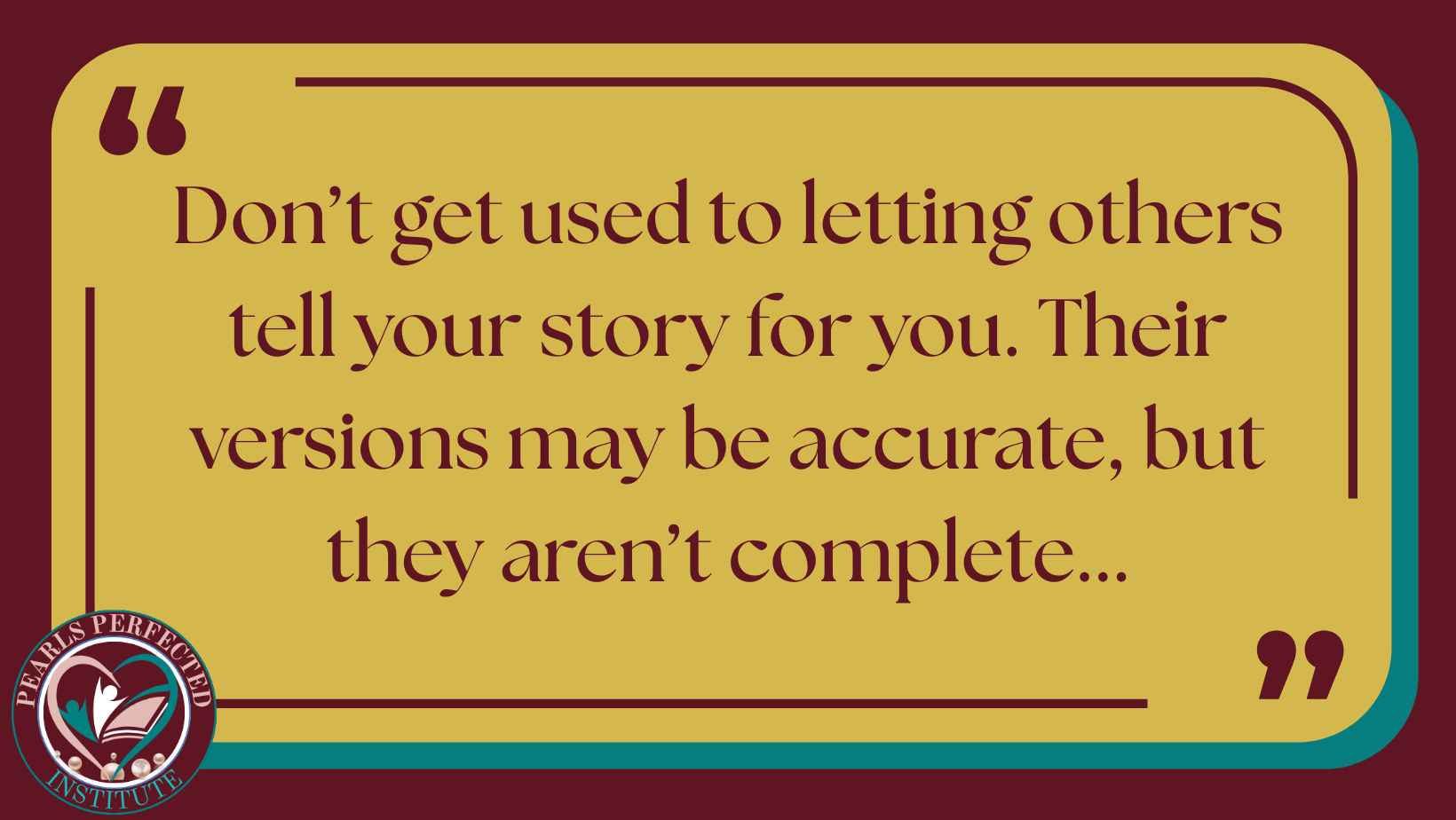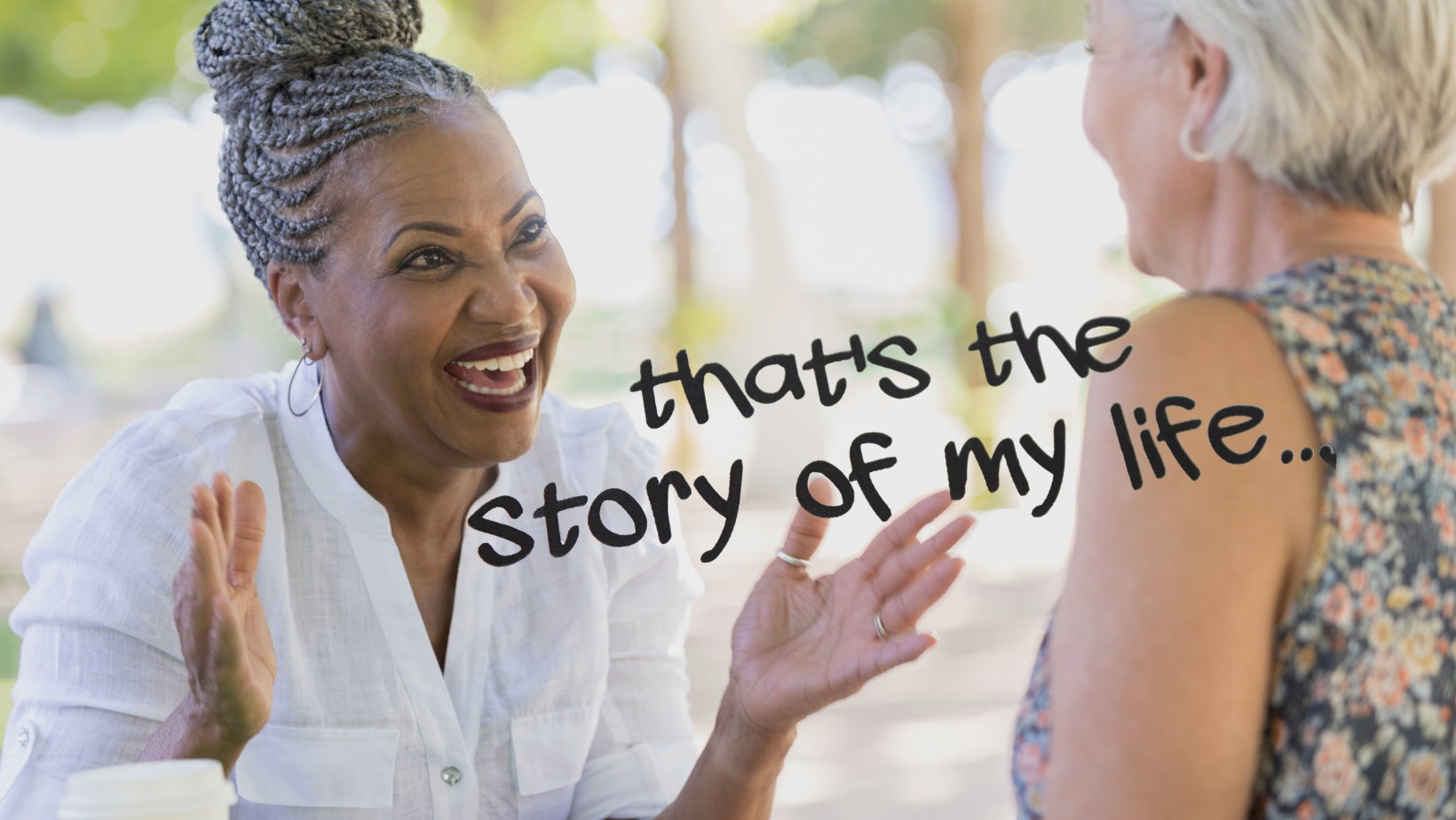Everybody loves a good story.
When something impacts us deeply,
it’s almost second nature to share it. We talk about the book that changed our
perspective, the sermon that touched our soul, or the friend’s testimony that
gave us hope. Sometimes we’re so moved by a story that we retell it as if it
were our own.
There’s nothing wrong with sharing
someone else’s story—especially if it inspires or uplifts. But here’s something
to think about: Have you ever considered that your retelling might just be the
setup for that person to tell their story themselves?
Gehazi’s Retelling vs. the Shunammite Woman’s Testimony
In 2 Kings 8:1–6, we find a
fascinating example of this dynamic. Gehazi, the servant of the prophet Elisha,
was standing before the king, telling him all the great things Elisha had done.
As part of his storytelling, Gehazi began sharing about the Shunammite woman
whose son had been miraculously restored to life.
Now, it was a powerful story—a
mother’s heartbreak turned into joy, a miracle only God could orchestrate. But
then something unexpected happened.
While Gehazi was still recounting
the story, the woman herself walked in, along with her son. Suddenly, the king
was no longer just hearing a secondhand account. The very people from the story
were standing right in front of him.
And when the woman told her own
story, the king responded. He didn’t just listen politely; he acted. He ordered
that her land be restored and that she receive all the income from it since the
day she left.
Gehazi’s version of the story was
good, but the Shunammite woman’s testimony carried the authority, the
power, and the authenticity needed for restoration.

The Power of Firsthand Stories
This moment reminds us that stories
gain their fullest power when told by the people who lived them. Retellings can
inspire, but firsthand voices transform.
Think about your own life:
- How many times have you shared someone else’s story
because it moved you?
- And how many times has someone else shared your
story, leaving you wishing you had been the one to tell it?
Sometimes, we are Gehazi—sharing
stories we’ve witnessed or heard because we want others to see God’s hand at
work. But other times, we are the Shunammite woman—standing quietly in the
background of our own story, waiting for the moment to step forward and say,
“Yes, that’s me. Here’s what really happened.”
And when we do, the world doesn’t
just listen—they respond.
Why Do We Hold Back?
Here’s the good news: you don’t
need to be famous, polished, or perfect to tell your story. You just need to be
willing.
Every time you write a blog, record
a video, or publish a book, you’re creating space for your voice to be heard.
You’re moving from being a character in someone else’s story to being the
author of your own.
That’s why I’m so passionate about
what I do. I don’t just want to tell stories—I want to equip others to tell
theirs. Because I believe someone is waiting for your words, your
testimony, your truth.

Creating Space for Stories
If firsthand stories are so powerful,
why do so many of us stay quiet? For some, it’s fear. Fear of what people will
think. Fear that our story isn’t “big enough” or “important enough.” Fear that
we’ll be judged, misunderstood, or dismissed. For others, it’s doubt. Doubt in
our ability to write or speak clearly. Doubt that our experience could possibly
help someone else.
And sometimes, it’s simply habit.
We’ve gotten used to letting others tell our story for us—pastors, teachers,
friends, even family. Their versions may be accurate, but they aren’t complete.
Only you can bring the fullness of your journey to light.
A Modern-Day Application
I’ve seen it happen again and
again. A woman shares her journey through grief, and suddenly, another woman
who thought she was all alone realizes she’s not. A man opens up about failure
and redemption, and someone else finds the courage to get back up. When we tell
our stories, we give others permission to tell theirs.
And here’s the beauty: just like
the Shunammite woman, your story could be the key that unlocks restoration—not
just for you, but for those who hear it.

So, let me ask you: whose story are
you telling? And when will you tell your own?
Maybe you’ve been hesitant. Maybe
you’ve thought your story wasn’t important enough. But I want to remind you—someone
is waiting on your words.
This is why I created the QuickStart
Ebook Creation Course. It’s not just about writing a book. It’s about
giving you the tools and confidence to put your story into the world where it
can do what only your story can do—change lives.
Your story
matters. It’s time to step forward. Don’t let someone else’s version be the
only one that’s heard.
✨ This week’s reflection:
Are you Gehazi, retelling someone else’s story? Or are you the Shunammite
woman, ready to stand before the king and speak your truth?
It’s your time. Your voice. Your
story.
Blessings,
Dr. Janice R. Love
Founder Pearls Perfected Institute






